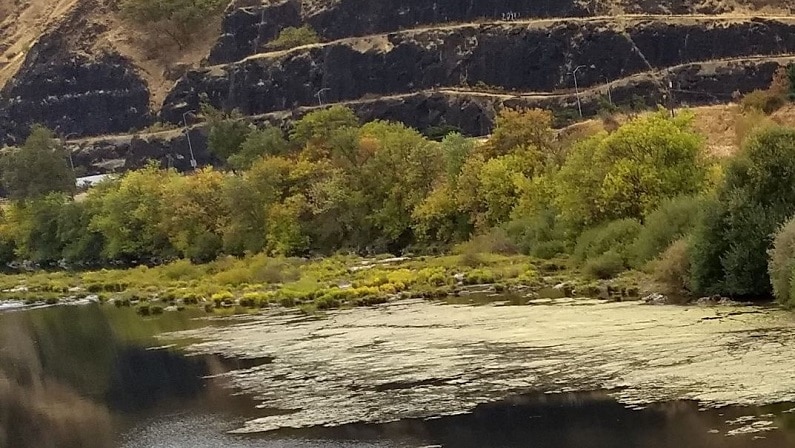Oregon to issue timely water pollution discharge permits

In the settlement, plaintiffs Northwest Environmental Advocates (NWEA) and the Northwest Environmental Defense Center (NEDC) also obtained DEQ’s commitment to improve the quality of the pollution discharge permits that DEQ issues and the transparency of its permitting program. “This settlement will result in less pollution discharged to Oregon waters, which will benefit fish and wildlife and Oregon’s citizens,” said Nina Bell, Executive Director of NWEA.
Although the federal Clean Water Act limits permits to five-year terms, approximately 150 individual permits and 15 general permits in Oregon are at least 10 years old, with some permits older than 25 years. When DEQ fails to issue new permits after the five year terms are completed, the old permits are considered “administratively continued” for an indefinite period. These permits do not comply with any new water quality standards that have been adopted to protect human health and fish.
“These old permits, that we call ‘zombie permits,’ allow polluters to avoid meeting modern standards for pollution controls,” said Bell. “Through this case, DEQ will actually curtail pollution in Oregon’s rivers based on the more protective water quality standards the state has adopted for pollutants such as toxic chemicals and temperature,” she added.
In addition to ensuring the issuance of new permits for all permits that are over ten years old, the court order requires DEQ to achieve a less-than-ten-percent backlog within ten years. At the end of 2017, Oregon’s backlog stood at 84 percent. DEQ also agreed to meet interim goals set for two, four, six, and eight year checkpoints.
DEQ also agreed to take actions to improve the quality of Oregon’s discharge permits. DEQ will issue guidance to its staff on how to make sure that it has enough data on the pollutants, in both the discharges and in the waters that receive the discharges, in order to meet strict federal regulations.
“This is not the first lawsuit we have filed seeking to force DEQ to restrict pollution dischargers as required by federal law,” said Mark Riskedahl, Executive Director of NEDC. “We are very pleased that we have achieved an enforceable outcome here that brings one part of Oregon’s water pollution program into the 21st century,” he added.
Lia Comerford, an attorney for the plaintiffs, said “Oregonians count on DEQ to take care of business, just the way each of us takes our car to DEQ for emissions testing every two years. Remarkably, DEQ has violated that trust for a very long time, frequently in an effort to protect dischargers from having to invest money in pollution controls. DEQ’s real job is to protect public waters and we believe the outcome today will help the agency achieve that goal.”
The case was filed in Multnomah County Circuit Court. Attorneys representing the plaintiffs are Lia Comerford and Allison LaPlante of the Earthrise Law Center at Lewis & Clark Law School and Karl G. Anuta, in private practice.
Related Documents
You may download the entire package by clicking on “Download.” To download the individulal documents click on the package title.
| Zombie Permit Settlement Package | November 29, 2018 | This package contains the following documents; Zombie Permit Fact Sheet, News Release, and Court Order. ... | OR NPDES Permits, News Release, OR DEQ | Download |
| Zombie Permit March 2017 Docs | November 6, 2018 | Contains the documents related to the expired water pollution discharge permits. The documents include; Why... | Oregon | Download |

